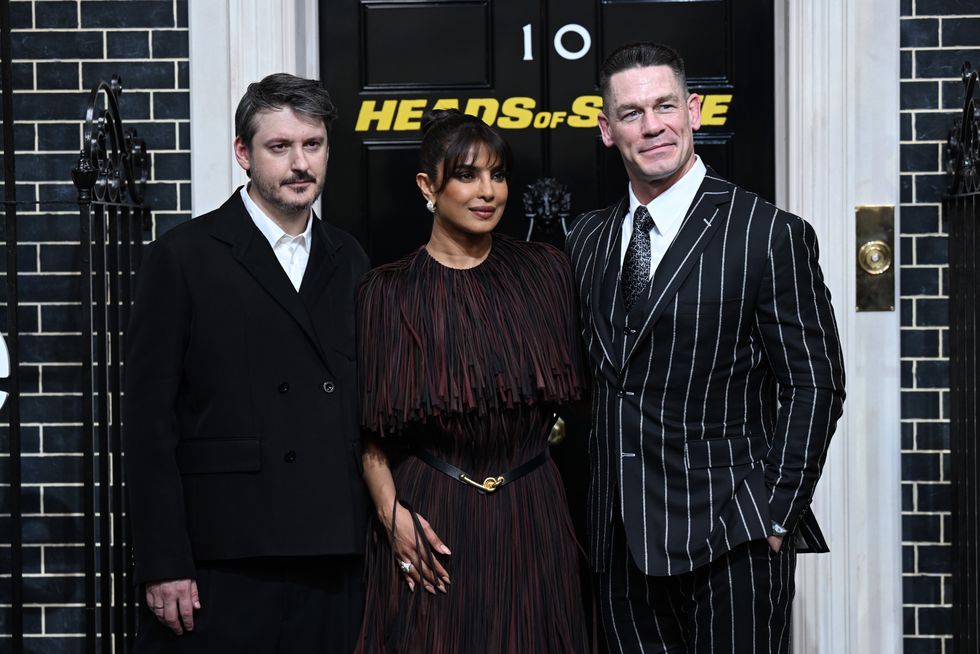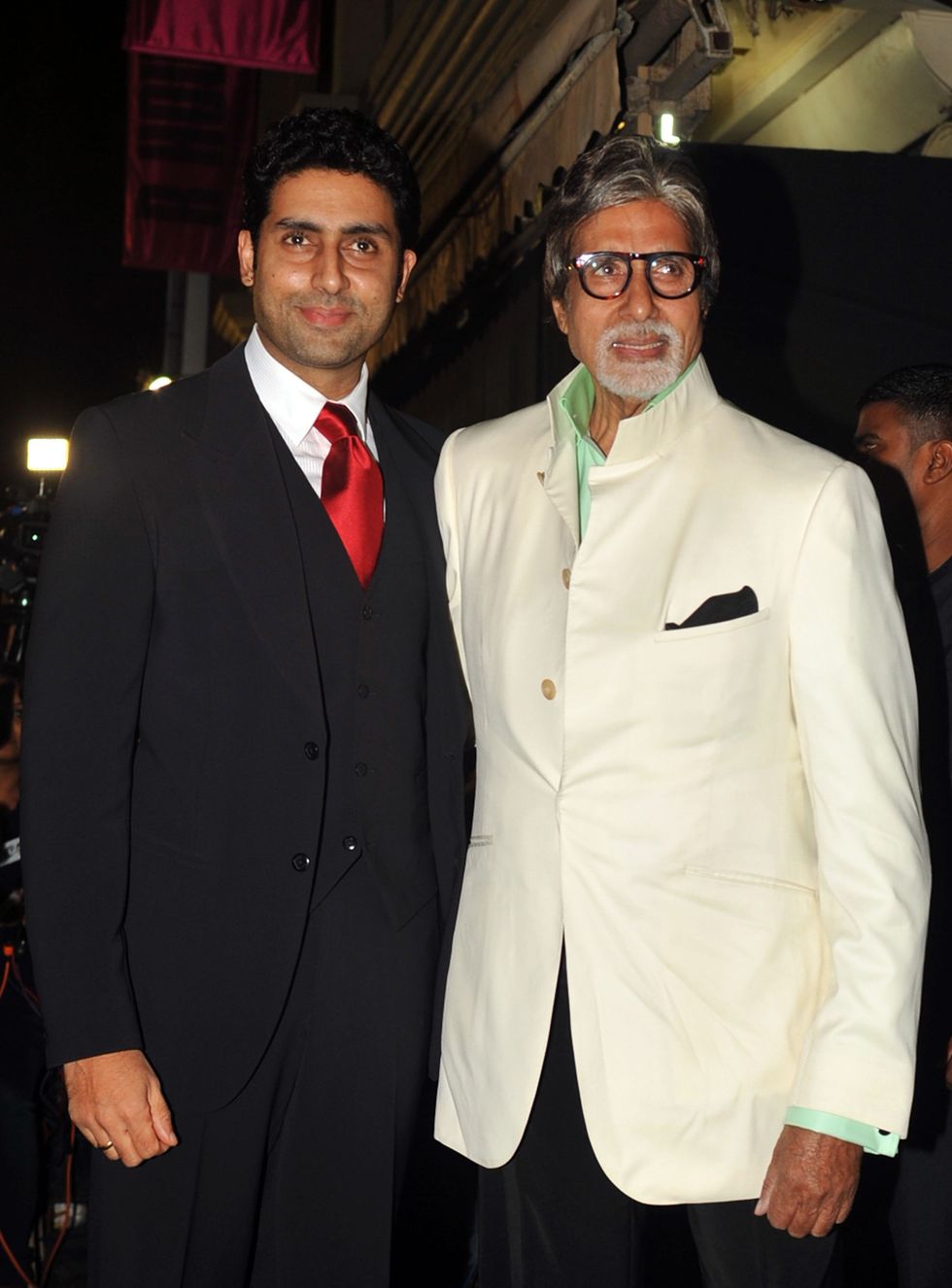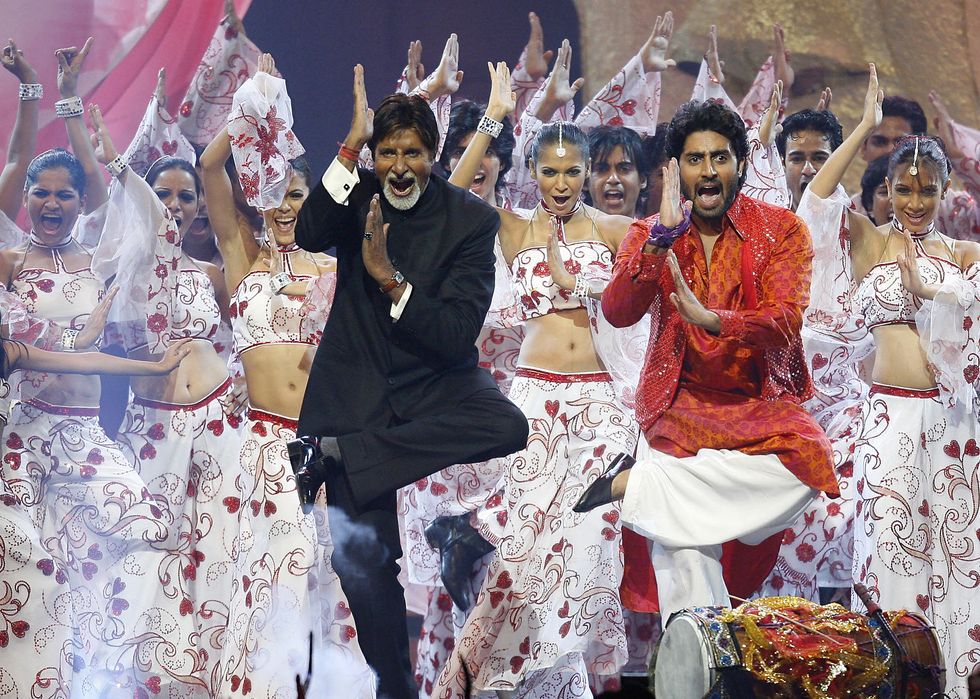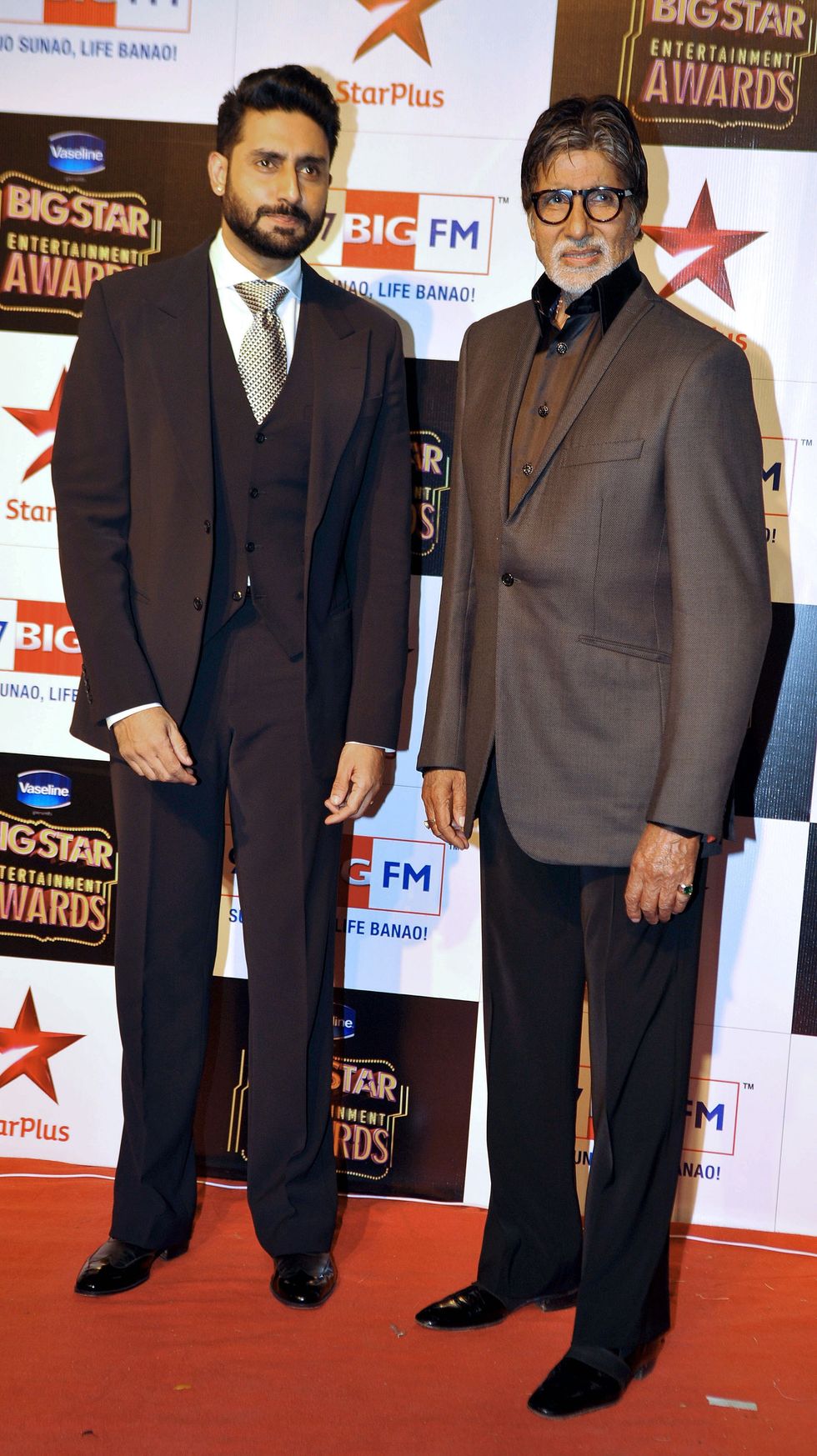by NADEEM BADSHAH
CRICKET clubs are moving away from its booze culture and grounds are introducing prayer rooms and diverse menus in a bid to attract more British Asian stars.
Previous research cautioned that drinking sessions were putting off some Asians from reaching the top of the game and the importance of education to families over playing sport was also a barrier.
Research by the England and Wales Cricket Board (ECB) also claimed the different style of “street cricket” that south Asians play also affects their progression – although this has been rejected by a charity.
In a bid to attract more cricketers from Christian, Muslim, Hindu and Sikh backgrounds, the ECB has drawn up a South Asian Action Plan which includes hosting cricket competitions at mosques and temples.
Meanwhile, some grounds have introduced alcohol-free zones, prayer rooms, and halal and vegetarian food in order to enhance the appeal of the game.
Gulfraz Riaz, chair of the National Asian Cricket Council, said he expects the sweeping changes to make an impact in around six years.
He told Eastern Eye: “Clubs have to adapt. If you’ve got large elements of a community to play cricket, are they good members, pay subscriptions on time, help set up and put away after the game? Are they willing to get into life of club cricket, serve on committees? That’s the fabric, not the fact that you don’t drink alcohol.
“English outfits are changing and learning that we’re so far apart for 30-40 years. To get to know each other, it’s going to take time; the South Asian Action Plan is vital. It’s the sowing of seeds now, we may not see the shoots for six or seven years.
“The cricketing family has woken up to what needs to be done, led by the ECB.”
Riaz added: “Some elements would affect some of the non-drinking community. But if this was a stumbling block, why do Asian parents send their children to universities where there is a huge drinking culture?
“Maybe they weren’t made to feel welcome or given an opportunity to play in a team best representative to their talents and unable to break into the first team.
“Other barriers are – is the subscriptions too high? Do they have to be paid on a certain time? I understand it’s important, just as the bar takings and social element is important for the club to run.”
Research has shown that south Asians make up five per cent of the population, account for one third of recreational cricket players in England and Wales, but make up just four per cent of players reaching first class level.
Among the British Asians who have played for England at Test or one-day level in recent years are Moeen Ali, Adil Rashid, Monty Panesar, Ravi Bopara, Samit Patel and Haseeb Hameed.
The Chance to Shine charity runs 180 projects across the country including street cricket sessions in London, Manchester and Birmingham. It said around 70 per cent of players are from a south Asian background and have dismissed the claim that the street game is a barrier for young players to progress.
Adam Sofroniou, marketing and communications officer for Chance to Shine, told Eastern Eye: “With our own projects, I wouldn’t see that as part of the problem.
“The most important thing is young people get the opportunity to play the sport, access the benefits that taking part in sport brings. Health benefits, mental and social wellbeing. I wouldn’t see that as a concern.
“Many young people see it as a surrogate club, they are within the game. We would always support those who want to play hardball cricket. You don’t need equipment, our projects are free, you can rock up and play.”
Sofroniou added around 86 per cent of players last year were not members of a cricket club, which “suggests people are looking for different ways to play the sport”.
“We try to remove as many barriers as possible to take part in the sport. We try to make sure they fit in with the lifestyle of the children. Try to make sure they are around mosque times and prayers, and with the younger age groups, [make sure] coaches are well-known figures in the community.
“As a way of recruitment, we go to local faith groups, mosques, temples, speak to parents.”
The ECB said its South Asian Action Plan covers clubhouse drinking, spotting talented youngsters, coaching opportunities, making more grounds accessible by offering halal and vegetarian food, and prayer rooms.
Tom Harrison, CEO of the ECB, wrote a comment piece for this newspaper back in November on the new strategy.
He wrote: “Our job as a national governing body is to ensure that there is a structure to support young people from inner cities who are inspired by Moeen and Adil. And that is where the South Asian Action Plan comes into play.
“Central to the South Asian Action Plan was meaningful change built on true understanding and knowledge. The Plan took 15 months to complete.
“We started by acknowledging where we had fallen short in the past and talked extensively with the communities we needed to engage with.”
















 Priyanka Chopra and Nick Jonas photographed at the Wimbledon 2025Getty Images
Priyanka Chopra and Nick Jonas photographed at the Wimbledon 2025Getty Images  John Cena, Shay Shariatzadeh, Priyanka Chopra and Nick Jonas at Wimbledon 2025Getty Images
John Cena, Shay Shariatzadeh, Priyanka Chopra and Nick Jonas at Wimbledon 2025Getty Images  Ilya Naishuller, Priyanka Chopra and John Cena attend the special screening for "Head of State" Getty Images
Ilya Naishuller, Priyanka Chopra and John Cena attend the special screening for "Head of State" Getty Images
 Abhishek Bachchan reveals Amitabh crushed him with brutal remark during Sarkar shootGetty Images
Abhishek Bachchan reveals Amitabh crushed him with brutal remark during Sarkar shootGetty Images  Amitabh Bachchan told me I cannot deliver dialogues Abhishek recalls painful Sarkar momentGetty Images
Amitabh Bachchan told me I cannot deliver dialogues Abhishek recalls painful Sarkar momentGetty Images Abhishek Bachchan opens up about working with Amitabh Bachchan on SarkarGetty Images
Abhishek Bachchan opens up about working with Amitabh Bachchan on SarkarGetty Images Abhishek Bachchan says Amitabh humiliated him after one line went wrong on Sarkar setGetty Images
Abhishek Bachchan says Amitabh humiliated him after one line went wrong on Sarkar setGetty Images  Abhishek Bachchan says Amitabh left him shaken after first scene together in Sarkar Getty Images
Abhishek Bachchan says Amitabh left him shaken after first scene together in Sarkar Getty Images 

